Our global food system is the primary driver of biodiversity loss, with agriculture alone being the identified threat to 24,000 of the 28,000 (86 per cent) species at risk of extinction.
As we embark on the UN Decade on Ecosystem Restoration, which kicks off on World Environment Day on June 5, we need to reimagine our food systems so that, in future, farming can be nature-friendly and regenerative. You can read more about how to achieve this in this Chatham House report, Food Systems Impacts on Biodiversity Loss.
This issue will be front-and-centre on June 3 during a national dialogue on ecosystem restoration organised by SWITCH-Asia Regional Policy Advocacy Component, alongside UNEP’s regional office for Asia and Pacific and the Institute of Geographic Sciences and Natural Resources Research at the Chinese Academy of Sciences.
During the hybrid event (online and in person), academics, national government and international organisations will share knowledge on the connections between sustainable consumption and production and ecosystem restoration and showcase good practices from the private sectors, civil society, women, and youth groups.
In China, farmland is facing multiple challenges, including food security risk, ecosystem degradation, reduction of cultivated land, and climate change, due to the rapid industrialization, urbanization, and increased population. Restoring agricultural ecosystems through nature-based solutions, such as using crop rotations, and growing more diverse crops and integrating them with livestock, has the potential to boost farm productivity.
Speakers will include Mei Feng, programme officer for the European Union delegation to China, Qian Wang, programme management officer at UNEP China and Yongguan Zhu of the Chinese Academy of Sciences.
What: Ecosystem Restoration and Sustainable Food Production and Consumption
When: 3 June 2021 | 14:00-16:30 Beijing Time (GMT)+8
Where: Event Link here
Find all the details here.
Find out more with UNEP’s Ecosystem Restoration playbook, a practical guide to healing the planet.
Keep up-to-date with all the events leading up to World Environment Day with the official events schedule here and be part of #GenerationRestoration.





